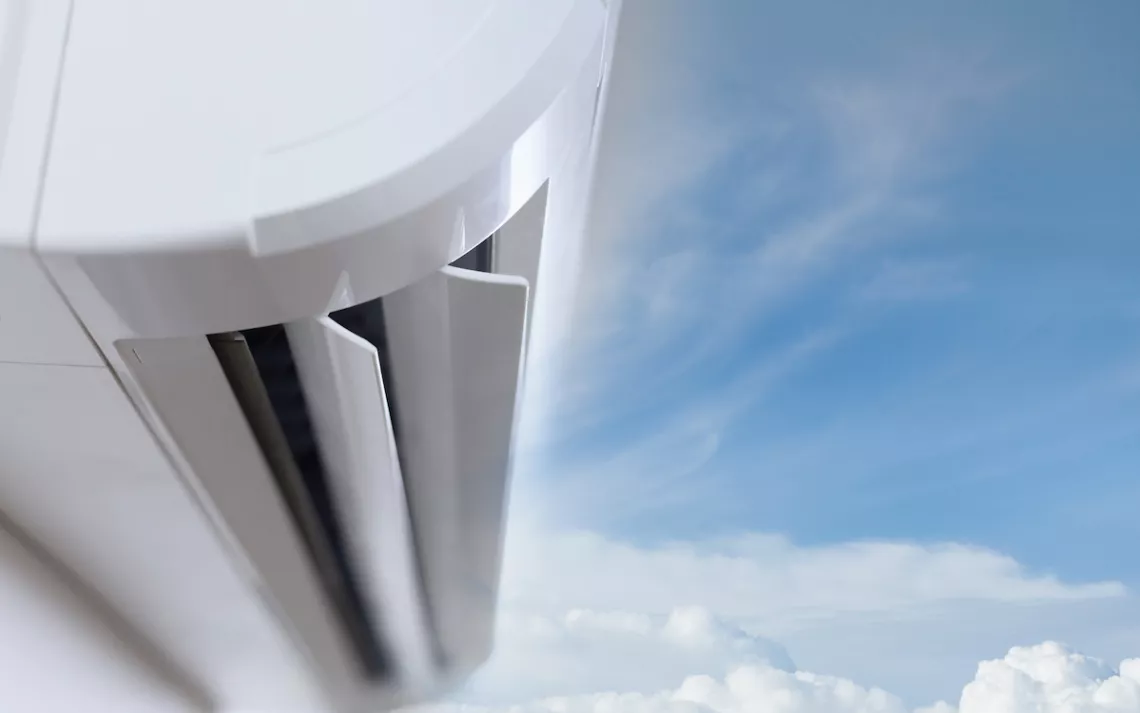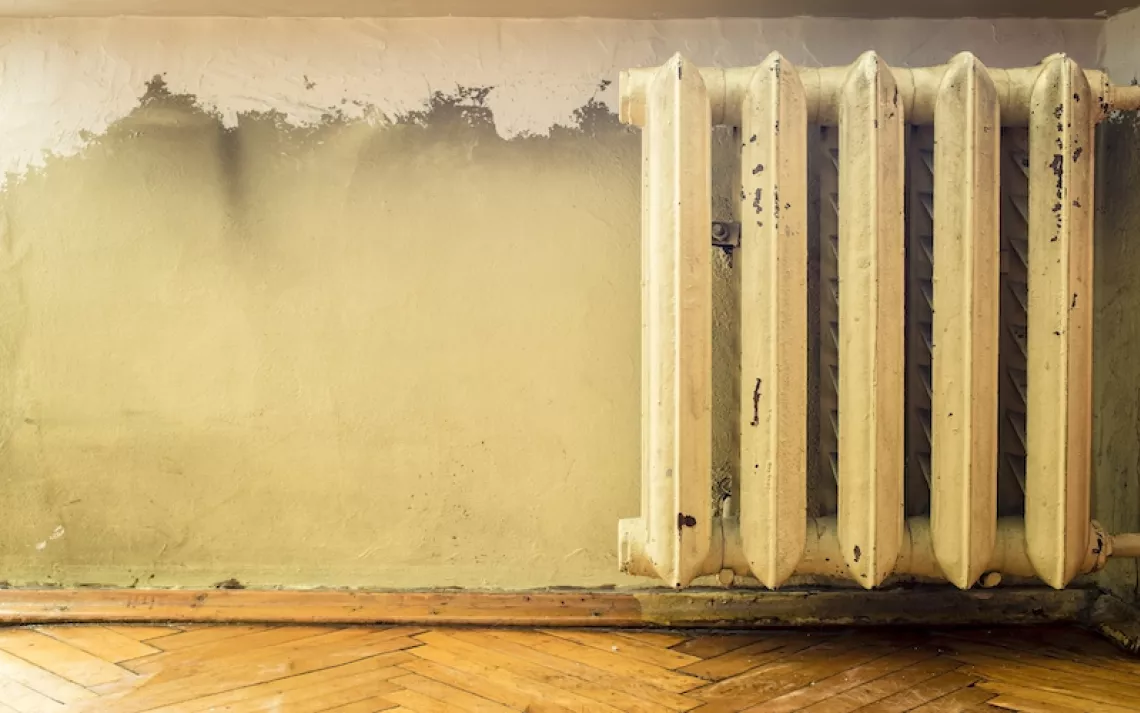What's the Most Efficient Way to Run an Air Conditioner?
Here's how to save energy on warm days

Photo by sutichak/iStock
Hey Ms. Green,
Some people claim that it's more energy efficient to leave the air conditioner on while you're away than it is to turn it off when you leave and then back on when you return. Why would it take more energy to cool down a warm house than it would to keep the house cool over an extended period?
—Jackie in Raleigh, North Carolina
Turning the air conditioner off when you're not home saves energy. That's because it runs most efficiently at full speed, and running it all day—even at a less powerful setting—requires more energy overall. But using an air conditioner to cool your home contributes to global warming. Many of the appliances use hydrofluorocarbon refrigerants. HFCs have 1,000 to 9,000 times the potential to warm the atmosphere that carbon dioxide does, according to Project Drawdown.
You do not necessarily need an air conditioner to stay cool. Treat cold air in the summer the same way you treat heat in the winter—do everything you can to keep it sealed inside your home. If you own a house, insulate as best you can—walls, floors, roof. You can also place rice-filled draft stoppers on windows and doors.
In dry heat, try Evapolar, an air cooler and humidifier that's cheaper than most air conditioners and uses only 7.5 to 12.5 watts of energy per hour. You might also try an Embr Wave bracelet. A 2018 University of California, Berkeley, study found that reducing the temperature of a person's wrist can help them feel up to five degrees cooler. Embr claims that the bracelets could cut 15 to 35 percent of a building's cooling costs by allowing people to regulate their own temperature.
That said, if you need an air conditioner, make sure it's Energy Star certified.
 The Magazine of The Sierra Club
The Magazine of The Sierra Club







